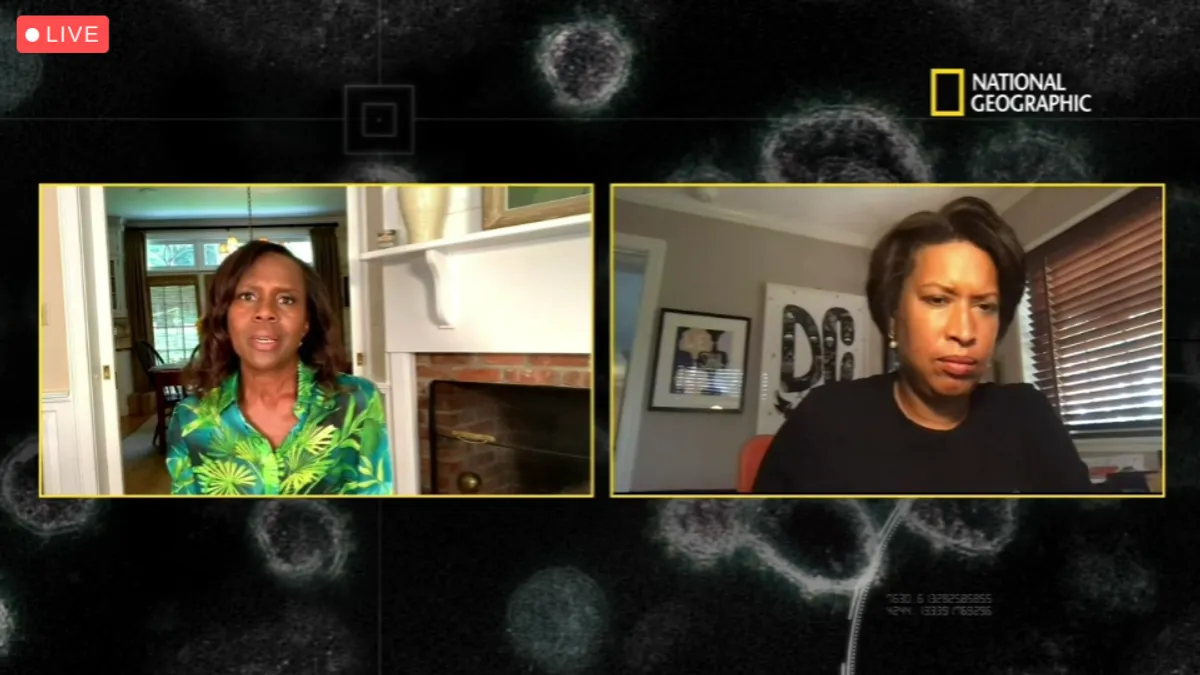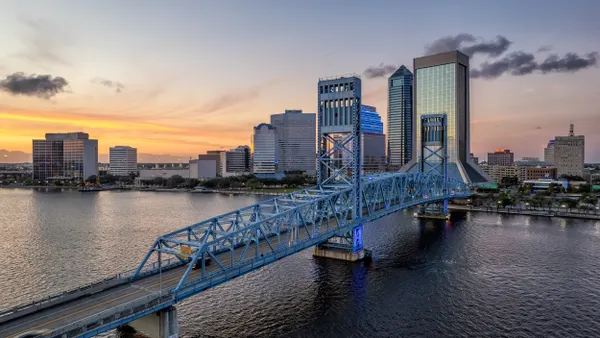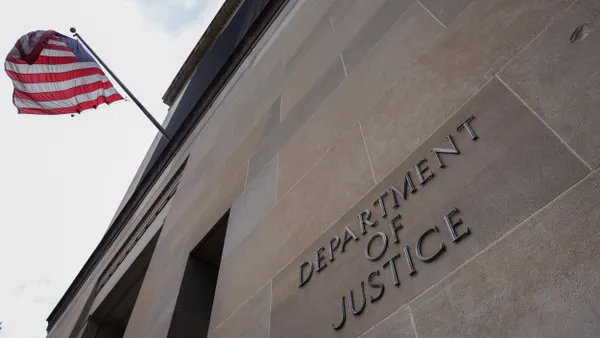Wednesday marked the deadliest day for coronavirus-related fatalities in the U.S. since May, as the country totaled over 1,500 deaths and saw its caseload rise to more than 5.2 million.
While the nation grapples with more grim milestones, city leaders and health officials are also attempting to guide U.S. residents through school reopenings, a turbulent economy and a flurry of mixed messaging on public health guidance.
During a Thursday webinar hosted by National Geographic, National Institute of Allergy and Infectious Diseases (NIAID) director Anthony Fauci and Washington, DC Mayor Muriel Bowser explained the coronavirus-related challenges that cities are facing while offering glimmers of hope.
"Bottom line is, I'm not pleased with how things are going," Fauci said on the webinar.
There are five or six tactics that can help prevent further surges like mask wearing, social distancing, avoiding crowds and hand washing, Fauci said. But the federal government's top infectious disease expert noted the obstacles to enforcing those health behaviors in the U.S. can be significant.
Some of those hurdles include the divisive nature of the country, according to Fauci. There's an "unfortunate divergence with people either saying lockdown completely or let it rip — have crowds, go to bars," he said. "It shouldn't be that way, there is a golden mean there based on the guidelines that we carefully put together about how you can open the country safely."
The divergence in reopenings has been seen across cities this summer.
Officials in Laredo, TX, for example, are struggling to curb the city's rising number of positive cases and deaths in part because the state doesn't permit the city to be any stricter about enforcing rules, Government Technology reports. And residents in major Texas cities like Houston and Austin have also been faced with contradictory messaging from Gov. Greg Abbott, R, and their mayors.
"It's unfortunate that we have a patchwork of guidance across our country," Mayor Bowser said on the webinar. "We've seen globally that countries that have acted in a unified way have been able not only to blunt the curve, but contain transmission of the virus."
But in some situations, like school reopenings, there is no one-size-fits-all solution.
Washington, DC's public schools are planning to go online for the first quarter of the new school year. The choice around school reopenings has been "probably one of the most difficult decisions in all of this," Bowser said. But to ensure a safe return, there needs to be supporting health data, parental confidence and workforce confidence, she said.
There are areas of the country with a low enough level of infection that there should be no reason not to get kids back to school, Fauci said. New York Gov. Andrew Cuomo, D, for example, gave the go-ahead last week for all schools in the state to reopen. But concerns remain: a suburban Atlanta county school district has already quarantined almost 1,200 students and staff.
"We should try as best as we possibly can to get the children back to school," Fauci said. "But there's a big 'however' there and the however is... that we make sure that the primary consideration is the safety, the health and the welfare of the children as well as their teachers and the secondary effects of the people they come into contact with."
When asked to look into his "crystal ball" and anticipate where we might be in a year, Fauci said he thinks there will be a vaccine and that "we could be in a really good place."
"But a lot of it is going to be up to as citizens to uniformly adhere to public health principles," he added.












